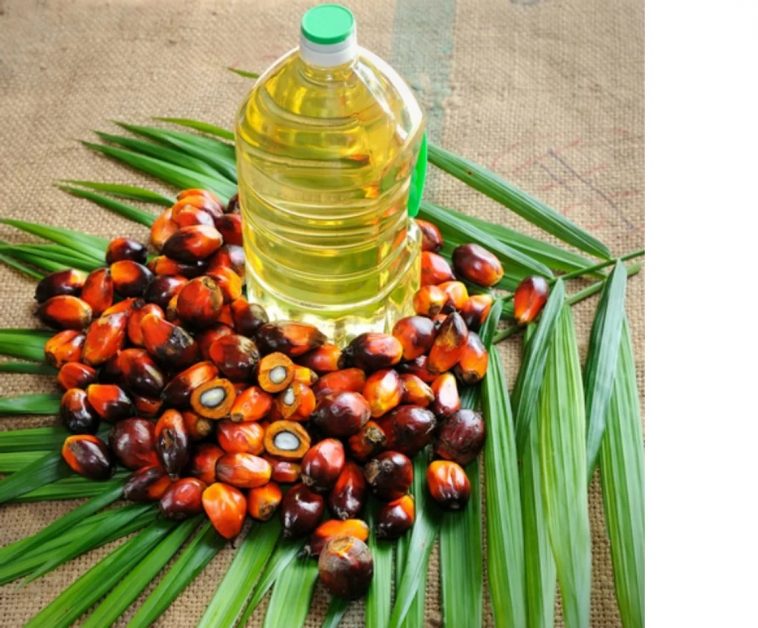November 12, 2020: Duty-free import of edible oils from neighbours Nepal and Bangladesh is hurting the domestic industry, Emami Agrotech Ltd Chief Executive Officer Sudhakar Desai said, calling for capping and canalising of such shipments by state-owned agencies.
In an interview to Cogencis, Desai, also the president of Indian Vegetable oil Producers’ Association, said he had sent suggestions to the government on the issue: “…one is to control these imports in terms of volumes and distribute (them) on quota basis to all over India so that it doesn’t affect one particular geography”.
The other suggestion was to allow duty-free import through state-owned agencies such as National Agricultural Cooperative Marketing Federation of India, he said.
“Let them (agencies) keep the profit emanating from the duty-free imports under the treaty from the neighbouring country, and only pass on the commodity at the market price,” Desai said. “This will solve the issue.”
Cheaper edible oil imported from Nepal and Bangladesh not only hurts refineries in the eastern and the northern regions of the country, it also weighs on market prices.
Last week, Cogencis had exclusively reported that the government might canalise edible oil imports through state-owned agencies, but imports under free trade pacts would be excluded from this.
India is the world’s largest importer of edible oils, and typically purchases around 15 mln tn every year. After crude oil and gold, edible oils are the largest imported commodities, putting a burden of 750 bln rupees on the exchequer.
According to a report by the Solvent Extractors’ Association of India late last year, the government was losing around 500 mln rupees in monthly revenue due to duty-free imports of edible oil from Nepal and Bangladesh under various trade treaties.
Earlier, the two neighbours mostly exported refined palm oil to India but now, most of their sales were of refined soft oils.
“Currently, about 25,000 tn refined soyoil (on monthly basis) is coming to India from Nepal and Bangladesh,” Desai said.
While subdued demand from the catering sector amid the nationwide lockdown might have led to a fall in edible oil imports to 13.8-13.9 mln tn in 2019-20 (Nov-Oct) from 15 mln tn the previous year, Desai hinted at a significant rise in imports going ahead. “From July onwards…we can see 80-85% normalcy has been restored with easing lockdowns,” he said, while refraining from giving an estimate on edible oil imports this year.
Commenting on the domestic sales of Emami Agrotech, Desai said, “Overall sales are down by 15-20% since April to now, due to COVID-19. Everybody is facing 15-20% lower sale in the HORECA sector (hotel/restaurant/catering)”.
Kolkata-based Emami Agrotech, an arm of Emami Group, manufactures edible oil, spices and bio-diesel.
“We have to wait till March (to get the actual sales figures). We cannot see the price graph… the impact of COVID on prices. There may be lockdown again. We don’t know how it will turn out in the future. It’s not normal,” Desai said.
He did not quantify the impact of discounts or higher volumes at lower prices on the company’s profit margins, but insisted margins had normalised after briefly slipping into negative territory.
He also shrugged off the suggestion that lockdowns had hit the distribution chain. “I think the government has done a lot of help in getting in imports and getting in truckers arranged, ensuring the supply chain and import operations… (We have) efficiently (been) able to manage the difficult task of maintaining the supply,” Desai said.
To cushion against any further fall in sales due to lockdowns, the company had prepared a strategy to tap the shift in demand to households from the traditional hotel-restaurant-catering segment, he said.
Anticipating a rise in demand, Emami Agrotech is focusing on ramping up its refining capacity, primarily in the west coast of India, Desai said. “We are coming up with 3,000 tn refining capacity in Kandla, and Mangalore will be completed in 2021.”
The company’s overall refining capacity will top 10,000 tn per day following the addition of the Kandla refinery, he said, adding that the company had already expanded capacity of its Haldia refinery.
Source: Cogencis







